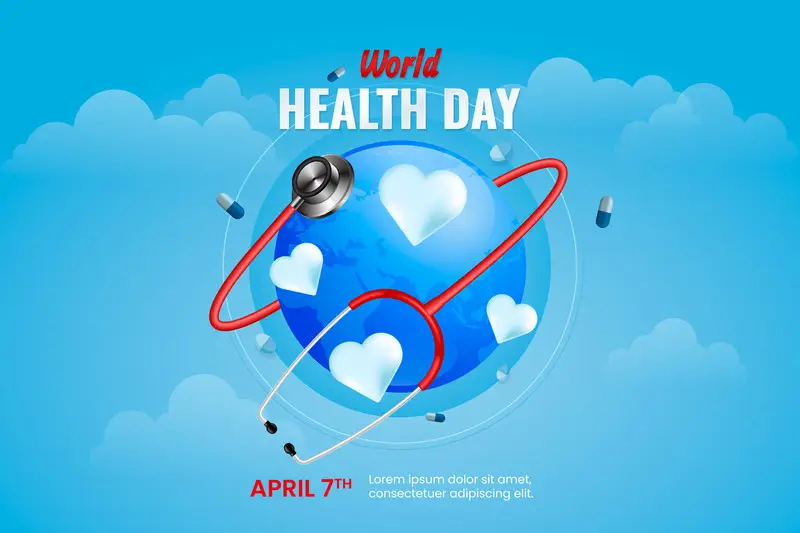- Published on: Aug 19, 2023
- 2 minute read
- By: Secondmedic Expert
Raising Prematurity Awareness: Understanding The Risks Of Birth Injuries
Premature birth, a topic of immense significance, affects families worldwide. With Prematurity Awareness Day and Premature Birth Awareness Month approaching, it's crucial to shed light on this issue that touches the lives of countless babies and their families. This article aims to provide insights into prematurity awareness, the significance of Prematurity Awareness Day, and the broader impact of premature birth.
Prematurity Awareness: A Deeper Understanding: Premature birth occurs when a baby is born before completing 37 weeks of gestation. This can pose various health challenges for both the baby and the family. Prematurity Awareness Day, observed on November 17th, and Premature Birth Awareness Month in November are dedicated to raising awareness about the risks, prevention, and support for premature babies and their families.
Significance of Prematurity Awareness Day and Month:
-
Raising Awareness: These observances provide an opportunity to educate the public about the prevalence of premature births and the factors that contribute to them. Raising awareness helps reduce stigma and fosters understanding.
-
Highlighting Risks and Complications: Premature babies often face a range of health challenges due to their underdeveloped organs and systems. Prematurity Awareness Day and Month emphasize these risks, encouraging early detection and intervention.
-
Promoting Prevention: Premature birth can sometimes be prevented or managed through proper prenatal care, healthy lifestyle choices, and medical interventions. Awareness initiatives aim to empower expecting parents to take preventive measures.
-
Supporting Families: The emotional, financial, and logistical challenges that come with premature birth can be overwhelming for families. By highlighting these challenges, awareness campaigns encourage communities to provide the necessary support.
Impact of Premature Birth:
-
Health Complications: Premature babies may face a range of health issues, including respiratory problems, developmental delays, and a higher risk of infections. Early and specialized medical care is crucial for their well-being.
-
Family Dynamics: The journey of parenting a premature baby can be unique and challenging. Families may experience increased stress, emotional strain, and the need for additional support.
-
Long-Term Effects: Premature birth can have long-term effects on a child's development, learning abilities, and overall health. It's essential to provide ongoing care and monitoring.
-
Medical Advances: Advances in medical technology have significantly improved the survival rates and outcomes for premature babies. Awareness efforts help ensure that families are informed about the available resources.
-
Research and Support: Prematurity Awareness Day and Month also serve as platforms to promote research, fundraise for medical advancements, and provide support to families through various organizations.
Taking Action: Spreading Awareness and Support:
-
Educational Initiatives: Schools, communities, and healthcare institutions can organize educational sessions to raise awareness about premature birth, its risks, and preventive measures.
-
Online Campaigns: Social media platforms offer a powerful means to reach a broader audience. Sharing information, personal stories, and resources can amplify awareness efforts.
-
Community Engagement: Local events, workshops, and seminars can be organized to engage communities in discussions about prematurity awareness.
-
Support Organizations: Various organizations work tirelessly to support families dealing with premature birth. Donating to or volunteering with these organizations can make a positive impact.
Conclusion:
Prematurity Awareness Day and Premature Birth Awareness Month provide a collective opportunity to acknowledge the challenges and triumphs of premature babies and their families. By understanding the risks, promoting preventive measures, and supporting families, we contribute to a world where every baby has the chance to thrive. As we mark these observances, let's unite in spreading awareness, compassion, and hope for a healthier future for premature babies.
Read FAQs
A. Premature Birth Awareness Month is observed in November to raise awareness about the risks, challenges, and impact of premature birth. It's a time to educate the public, support families, and promote preventive measures for healthier pregnancies.
A. There are various ways to contribute to Prematurity Awareness efforts. You can participate in online campaigns, attend local events or workshops, donate to support organizations, and share information on social media platforms to help spread awareness about premature birth.
A. Premature babies often experience health complications due to their underdeveloped organs and systems. Common complications include respiratory issues, developmental delays, infections, and long-term effects on learning and development. Early medical intervention and specialized care are crucial for their well-being.










